Iran FM: Good deal within reach in Vienna if West shows goodwill
Iranian Foreign Minister Hossein Amir-Abdollahian says a “good” agreement is at hand in the talks underway in Vienna, Austria, between Tehran and the five other parties to the 2015 nuclear deal “if the West shows good will.”
In a post on his Twitter account on Thursday, Amir-Abdollahian said the removal of the sanctions imposed by the US on Iran after its exit from the nuclear deal was a “fundamental priority” in the ongoing talks between Tehran and the P4+1 group — France, Britain, Germany, Russia and China — aimed at securing Washington’s return to the agreement.
“#ViennaTalks proceeding with seriousness and sanctions removal as fundamental priority,” he said. “Expert talks are continuing too.”
“Good deal within reach if the West shows good will. We seek rational, sober & result-oriented dialogue,” the chief diplomat added.
Amir-Abdollahian said he was in close contact with Iran’s top negotiator Ali Baqeri-Kani in Vienna regarding the discussions on the nuclear deal, officially called the Joint Comprehensive Plan of Action (JCPOA).
#ViennaTalks proceeding with seriousness and sanctions removal as fundamental priority.
— H.Amirabdollahian امیرعبداللهیان (@Amirabdolahian) December 1, 2021
Expert talks are continuing too.
In daily contact with top negotiator @Bagheri_Kani.
Good deal within reach if the West shows good will. We seek rational, sober & result-oriented dialogue.
Envoys from Iran and the P4+1 group of countries began on Monday the seventh round of talks in Vienna after a five-month pause caused by Iran’s presidential election and the formation of a new administration in the country.
The following day, they participated in expert-level meetings of the working group formed to separately deal with the removal of US sanctions against Iran.
On Wednesday, the third day of the talks, working groups continued discussions on different topics. Bilateral and multilateral meetings were also held at different levels, according to the Iranian Foreign Ministry.
Former US president Donald Trump left the JCPOA in May 2018 and re-imposed the anti-Iran sanctions that the deal had lifted. He also placed additional sanctions on Iran under other pretexts not related to the nuclear case as part of his “maximum pressure” campaign.
Following a year of strategic patience, Iran decided to let go of some of the restrictions on its nuclear energy program, resorting to its legal rights under the JCPOA, which grants a party the right to suspend its contractual commitments in case of a non-performance by the other side.
The US administration of President Joe Biden had said it was willing to compensate for Trump’s mistake and rejoin the deal, but it has retained the sanctions as leverage.
Iran says it won’t settle for anything less than the removal of all US bans in a verifiable manner. It also wants guarantees that the US would not abandon the agreement again.
Russia sees ‘real chance’ for agreement in Vienna
Similarly, Russia’s Ambassador to international organizations in Vienna Mikhail Ulyanov said on Wednesday that he saw “a real chance” for an agreement during this round of negotiations in Vienna.
Speaking to reporters, the Russian lead negotiator said it was necessary for both Iran and the United States to return to compliance with the provisions of the nuclear deal.
“The Americans must first of all lift the sanctions, and Iran must bring its nuclear program in line with the parameters laid down in the JCPOA,” he said.
He spoke of a “very difficult” situation and “a lot of differences” existing between Tehran and Washington both in the previous and present rounds of negotiations and said, “Nevertheless, we think there is still a real chance to resolve all issues through diplomacy and negotiation.”
The Russian diplomat explained that most of these differences stem from Iran’s retaliatory steps away from the deal, but said it was “important to understand that this happened not because of Tehran’s ill will, but as a reaction to the irresponsible policy of the US maximum pressure with extraterritorial sanctions and other forms of pressure on Tehran. Tehran is resisting. And this could have been expected, no surprise.”
A source in Tehran’s negotiating team told Press TV on Wednesday that the Islamic Republic had entered the talks with “clear demands and proposals” and was ready to engage as long as needed, but the country would not sacrifice the nation’s demands and rights for the sake of “artificial deadlines or timetables.”
VIDEO | Press TV's news headlines
Child detentions surge under Trump deportation campaign: Report
VIDEO | Trump's Gaza 'peace plan' dismissed as 'one-sided and unworkable'
Sheikh Qassem: Hezbollah foiled objectives of enemy’s aggression
VIDEO | Transatlantic rift at Munich Security Conference
‘Textbook definition of terrorism’: Tehran denounces Pelosi’s call on US to exact ‘pain’ on Iranians
VIDEO | 39th AU summit opens in Addis Ababa with focus on water security, peace, and development
VIDEO | Iran: The stronghold Washington lost


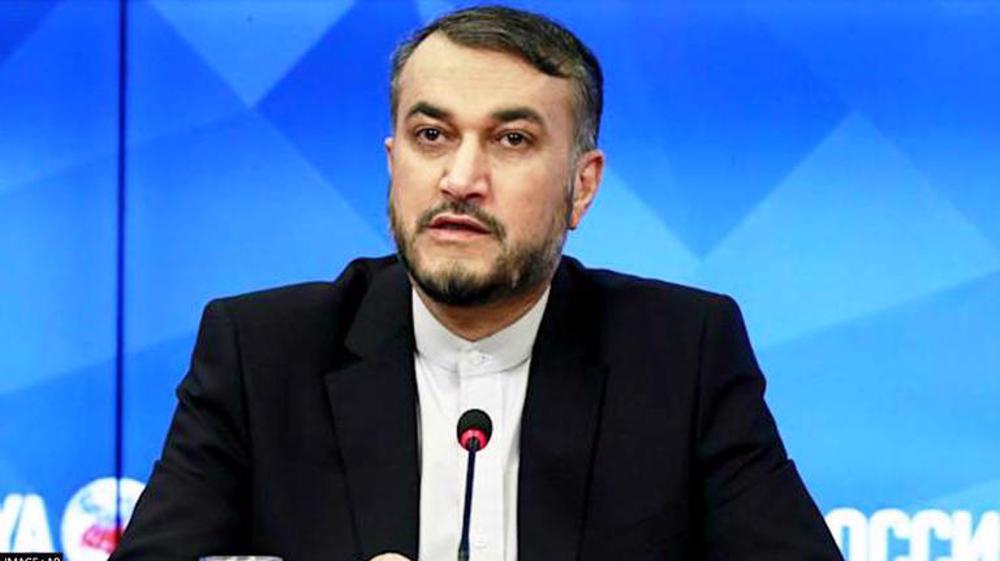
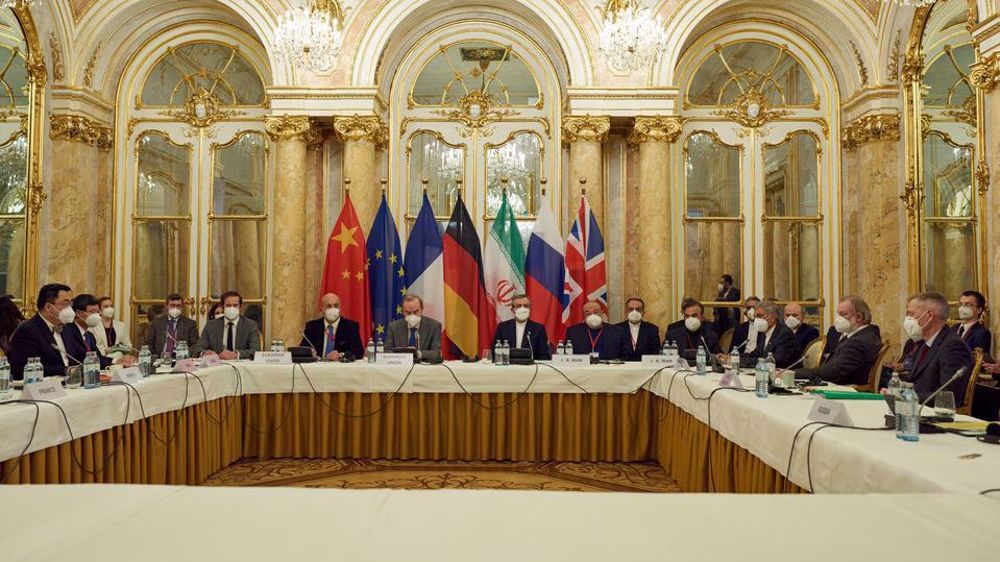
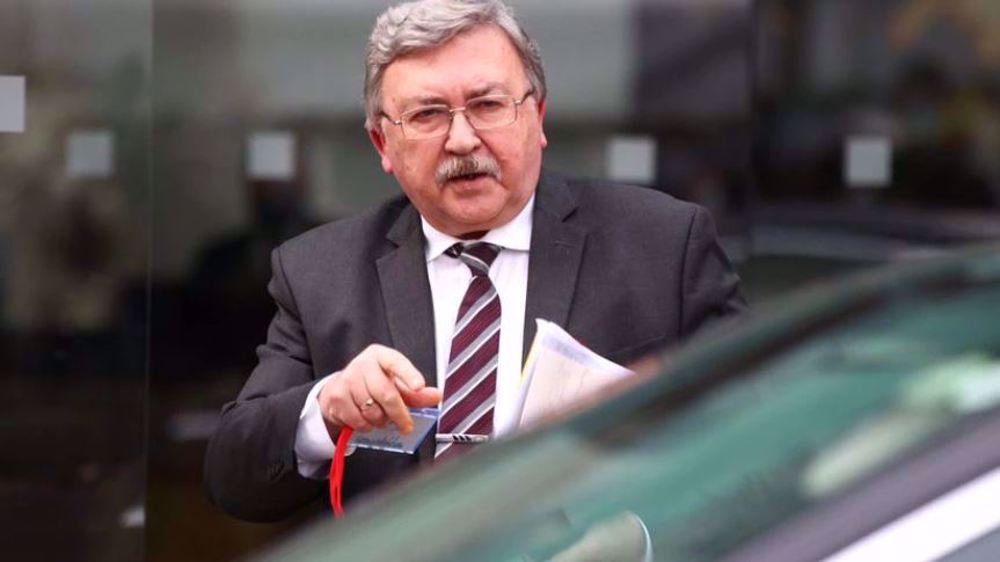
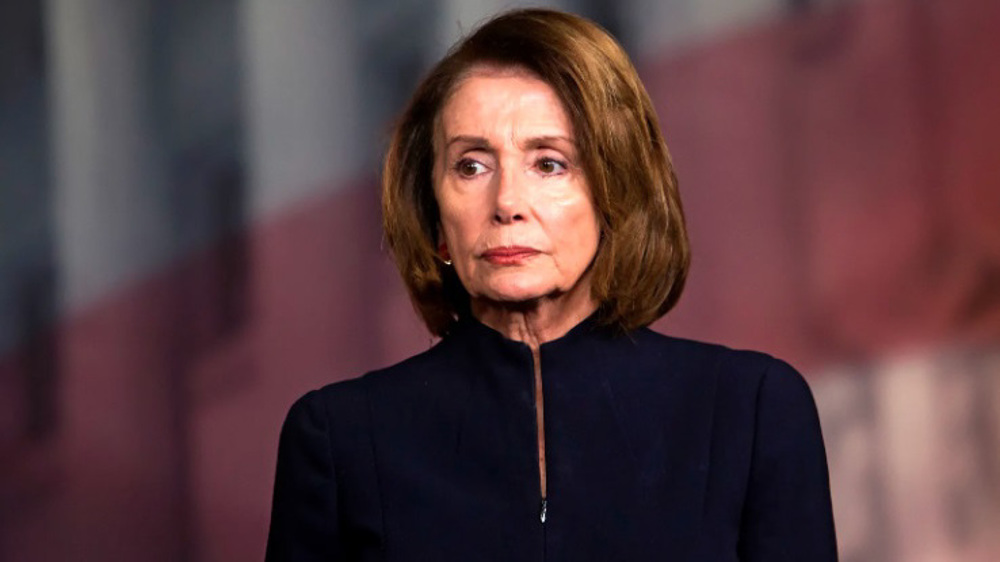
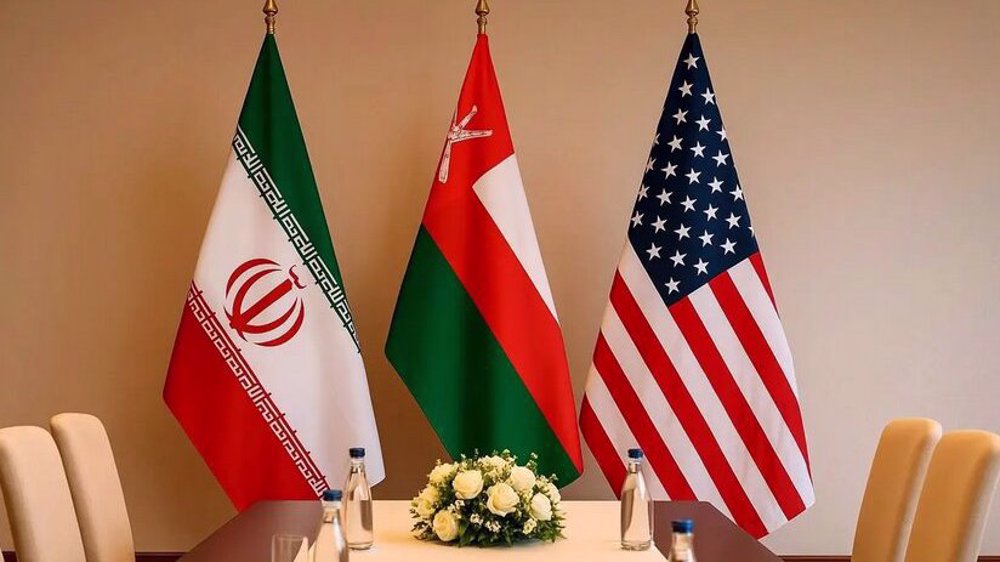
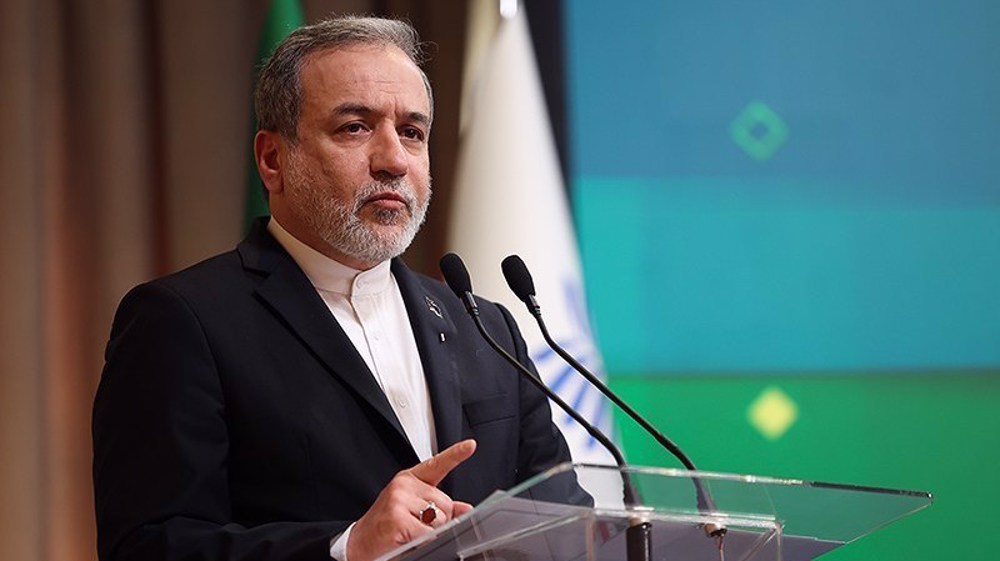




 This makes it easy to access the Press TV website
This makes it easy to access the Press TV website